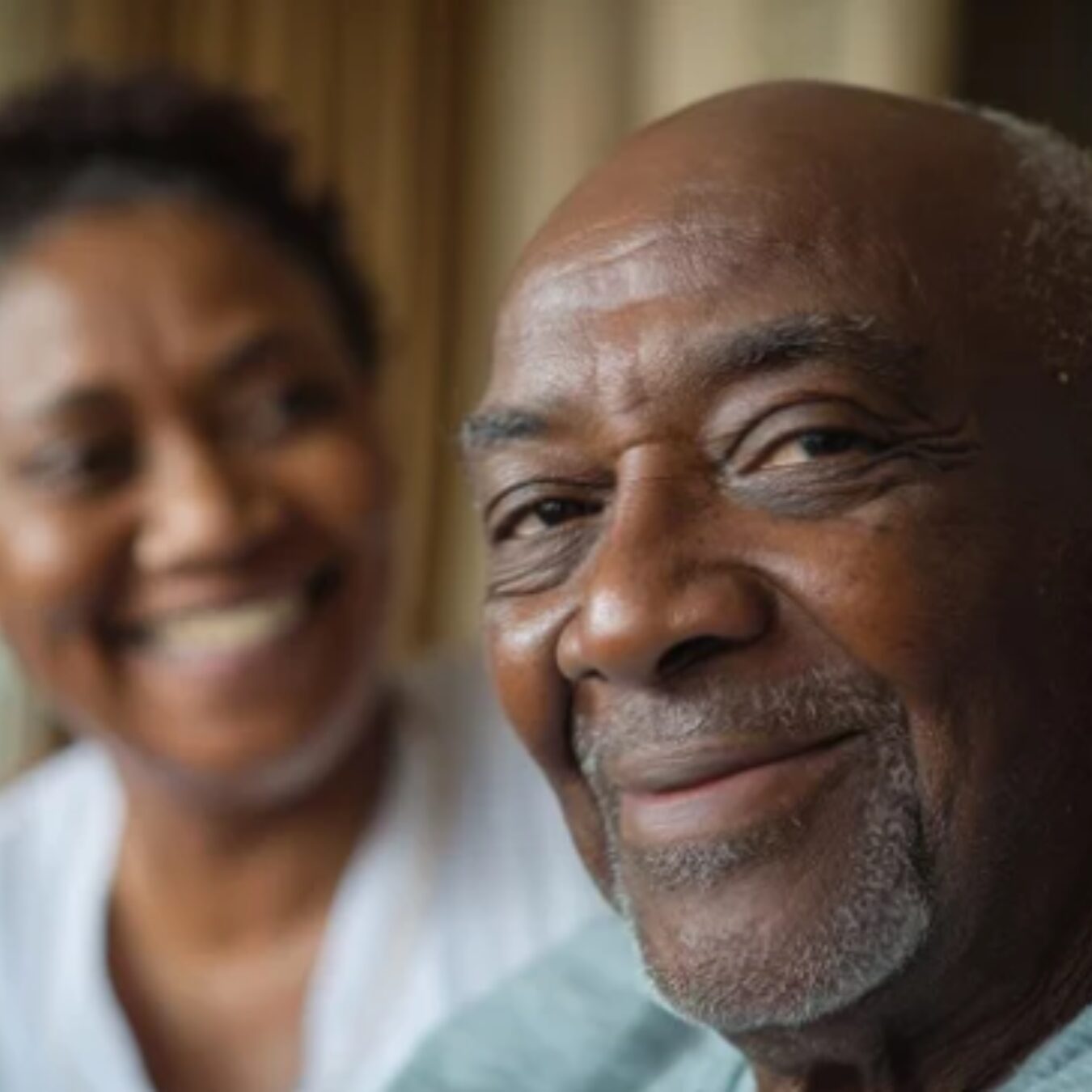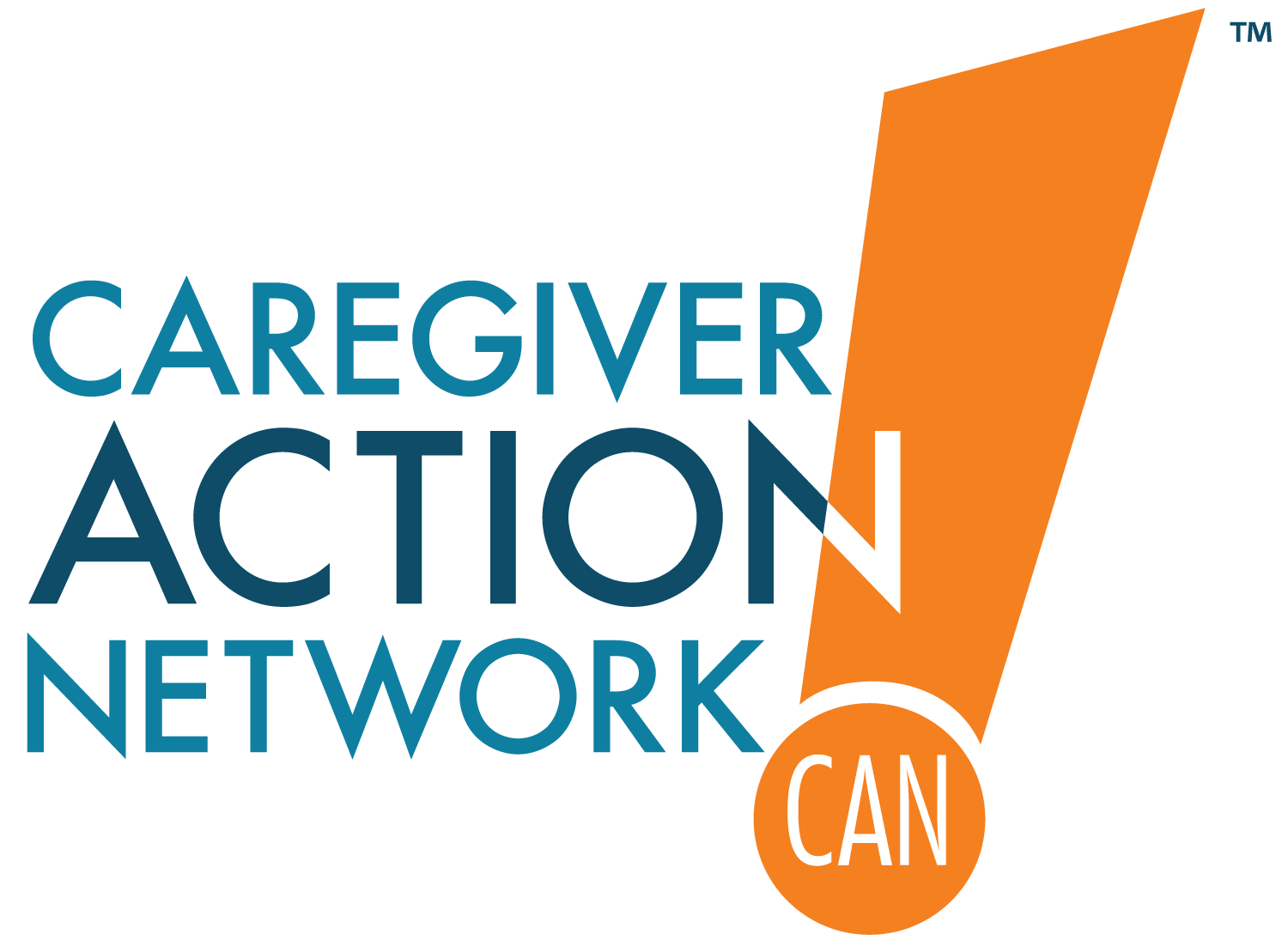The burden of caregiving is significant.
Hispanic caregivers make up over one-fifth of all U.S. family caregivers, and when caring for someone with cancer, they often shoulder an especially heavy load. Many spend around 30 hours per week providing intensive, hands-on care.
On the financial side, Black caregivers spend about 34% of their income on caregiving, versus about 25% for other caregivers.

Black and Hispanic caregivers perform more caregiving tasks and report greater financial burden than non-Hispanic Whites but experience lower or equivalent social/emotional and health burdens. The differences in burden are partially explained by race-based differences in caregivers’ social support and caregiving preparedness. Interventions that build social support and caregiving preparedness may reduce caregiving burden across all racial/ethnic groups.
Some disproportionately impacted caregivers and their families may have a historical mistrust of the healthcare system due to prejudice, affecting their willingness to disclose information and engage with providers. Religious beliefs and customs can influence how individuals perceive illness and make decisions about treatment
